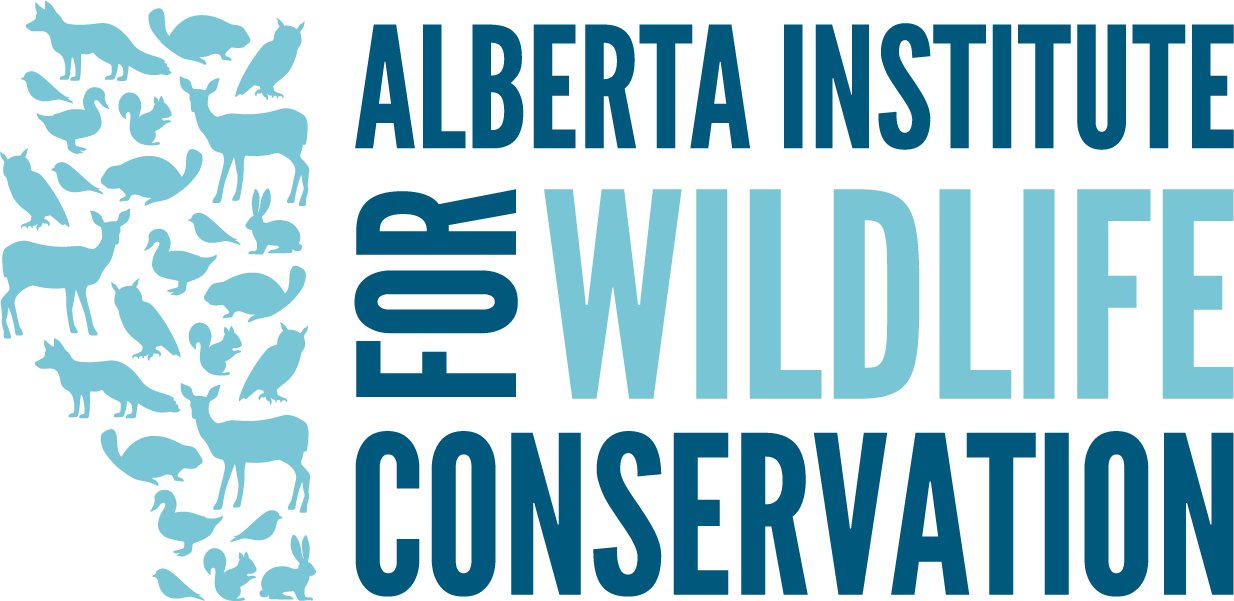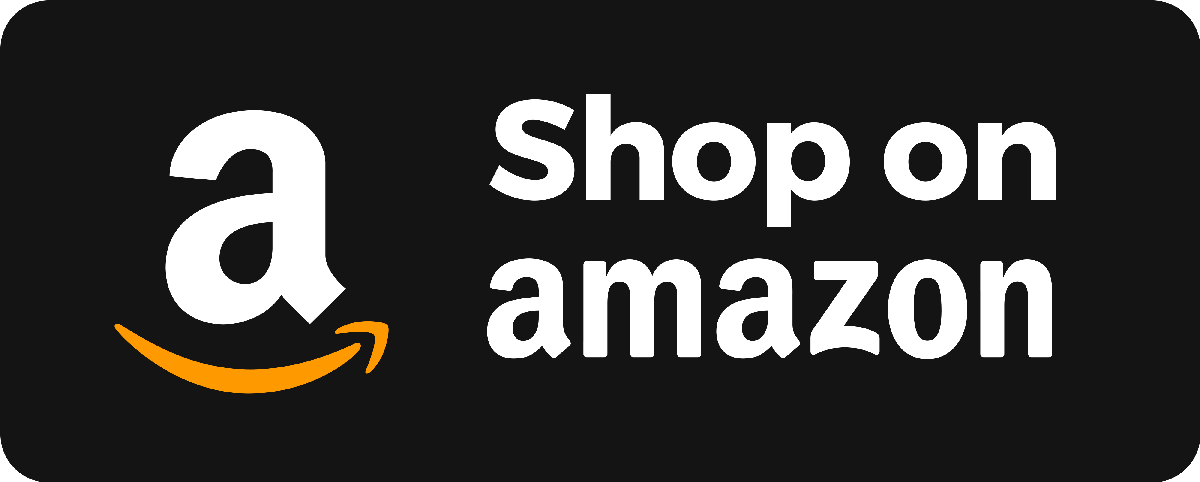Who We Are
Who We Are
Since 1993, Alberta Institute for Wildlife Conservation (AIWC) has been a champion for injured and orphaned wildlife through rescue, rehabilitation and release. Since our founding, we have admitted more than 36,000 animals into care. We believe our responsibility to wildlife includes an educational component that emphasizes the importance of environmental protection, and as such, AIWC offers engaging public education programs to inform all ages of the importance of wildlife to our ecosystem and way of life.
As a trusted Canadian-registered charity, we are permitted by federal and provincial governments to care for wildlife in need. In addition, we are an accredited veterinary hospital through the Alberta Veterinary Medical Association, which allows us to provide high standards of care to our wildlife patients. We are funded entirely by donations.
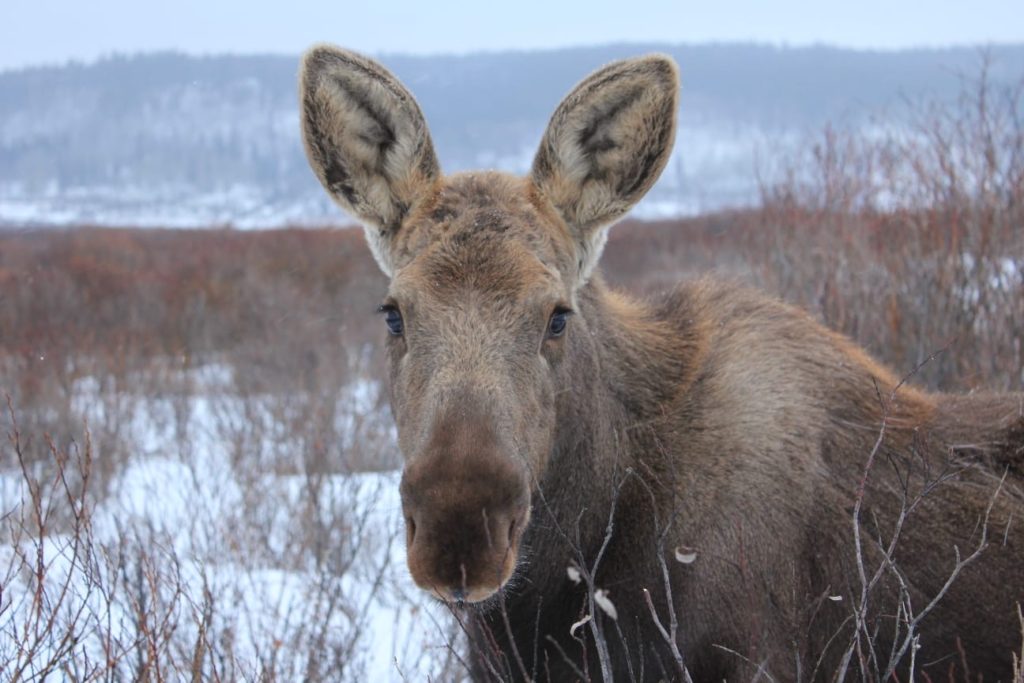
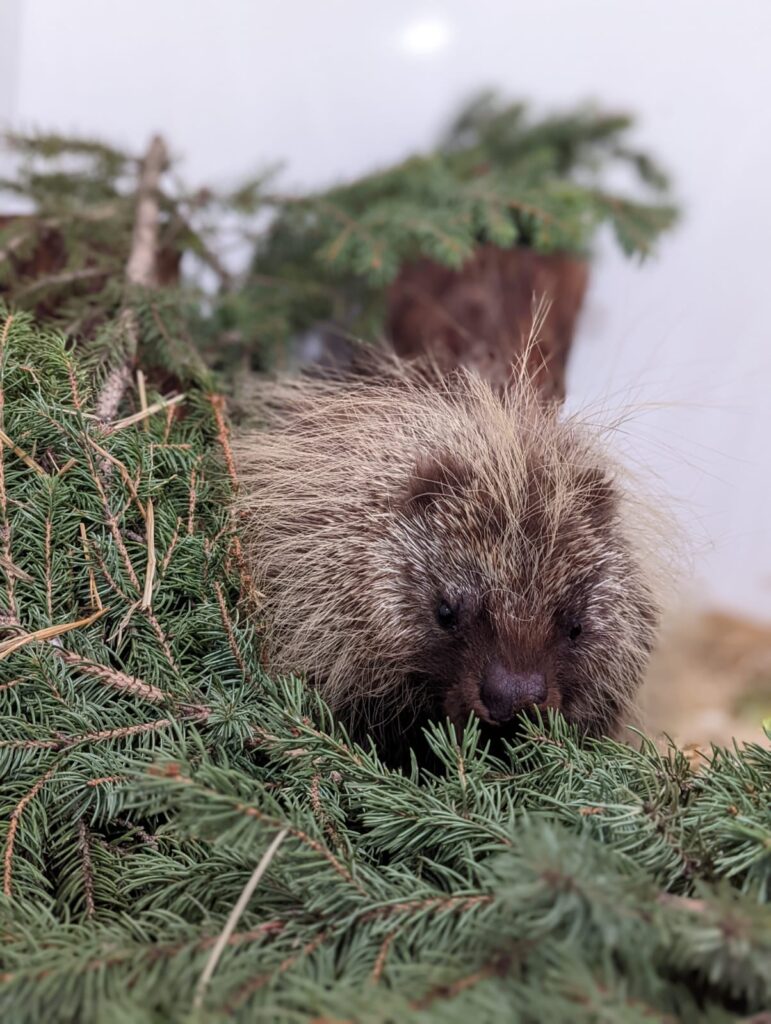
At the Alberta Institute for Wildlife Conservation (AIWC), we believe that equity, diversity, inclusion, and accessibility (EDIA) are essential to achieving our mission of preserving and protecting Alberta’s wildlife and their habitats. We recognize that systemic discrimination and biases have historically impacted marginalized groups’ ability to access wildlife education, conservation, and related opportunities. AIWC is committed to creating an environment that fosters respect, dignity, and safety for everyone, regardless of their race, ethnicity, gender, sexual orientation, age, religion, ability, or socio-economic background.
We strive to ensure that our programs, events, and activities are accessible to all, and we actively seek to engage with diverse communities to foster a sense of belonging and inclusion. We will continually evaluate and improve our practices to ensure that they align with EDIA general principles and that we are doing our part to address systemic barriers to equitable participation in wildlife conservation. We are committed to serving and helping all members of the public with their wildlife concerns, with no bias or discrimination.
We believe that diversity of perspectives, experiences, and backgrounds is a strength that enables us to better understand and address complex wildlife conservation challenges. We are committed to fostering an inclusive workplace culture that promotes diversity, equity, and inclusion at all levels of the organization.
Finally, we acknowledge that EDIA is an ongoing journey that requires continuous learning, reflection, and action. By embracing equity, diversity, inclusion, and accessibility, AIWC aims to create a more just, compassionate, and sustainable future for wildlife and our shared environment. Together, we can make a positive impact and build a society where everyone has the opportunity to connect with and protect our natural world.
AIWC is open year-round to care for wildlife in need. Our mission is supported by full-time staff, part-time staff, an incredible team of 145+ volunteers, and over 250 active memberships. Spring and summer are the busiest seasons for animal care.
AIWC is located in Treaty 7 land, the traditional territory of the Blackfoot Confederacy (Siksika, Pikanii, and Kainai peoples), as well as the Tsuu T’ina and Stoney/Îyârhe Nakoda nations (Chiniki, Wesley, and Goodstoney Nations) and the peoples of the Otipemisiwak Métis Government, District 4 (Rockyview). AIWC is located on and services all people of Treaty 7 territory. As treaty people, we believe we have a responsibility to care for the lands we inhabit, along with all creatures living on the land with us.
Our Vision
Preserving the legacy of wildlife.
Our Mission
History of AIWC
1993
AIWC was officially incorporated as Rockyview Wildlife Recovery
April 1994
First official patient admitted, a Red-tailed Hawk with a fractured radius (bone in wing) and suffering from emaciation.
1995
Westcott Church moved from Didsbury, Alberta, and transformed into a wildlife hospital where it still resides today. Quarterly newsletter, Recovery Review, is started and continues to this day!
1996
First outdoor flight cage for raptors is built.
1998
First outdoor flight enclosure for songbirds is built.
1999
The organization’s first website goes live and the deer/moose enclosure is built.
2004
Name is changed to Alberta Institute for Wildlife Conservation.
2005
AIWC staff and volunteers respond to the the Wabamun Lake oil spill of 2005,
2009
AIWC receives accreditation from Alberta Veterinary Medical Association becomes an accredited veterinary hospital.
2009
The annex building is added to the property, to be used for offices, meetings, and staff and volunteer training.
2012
AIWC staff and volunteers respond to the Plains Midfield Glennifer Lake pipeline spill.
2015
AIWC purchases the land it has resided on since 1993, securing a long-term future for the organization.
2015
AIWC’s first children’s book, Scared Skunk, is launched.
2016
Inter Pipeline Ltd.’s Aquatic Bird Building opens, featuring three large recovery pools for waterbirds.
2017
Several new outdoor enclosures are built to support the growing demand for AIWC’s services. Aerial Insectivore enclosures (for recovering bats and swallows), sponsored by Airdrie Rotary Club and Imperial Oil. Inter Pipeline Ltd.’s outdoor waterfowl enclosure, and Inter Pipeline Ltd.’s Aquatic Mammal Enclosure (for beavers and otters).
April 2018
Celebrated 25 years of providing care to orphaned and injured wildlife and serving as a resource for wildlife questions and concerns.
2019
Obtained our permit to rehabilitate black bear cubs from the province and successfully rehabilitated and released our first black bear cub patient under the new protocol. The Board of Directors and the Executive Director created a new Strategic Plan to determine AIWC’s goals and guide our operations. Finally, the completion of our Wildlife Emergency Response Unit, sponsored by Inter Pipeline Ltd., to support injured and orphaned wildlife impacted by disaster events and act as an overflow recovery space as needed.
2020
AIWC is deemed an essential service and continues to operate daily amid the COVID-19 global pandemic.
2023
AIWC celebrates 30 Years of Helping Wildlife after it was founded on April 20, 1993.
2024
